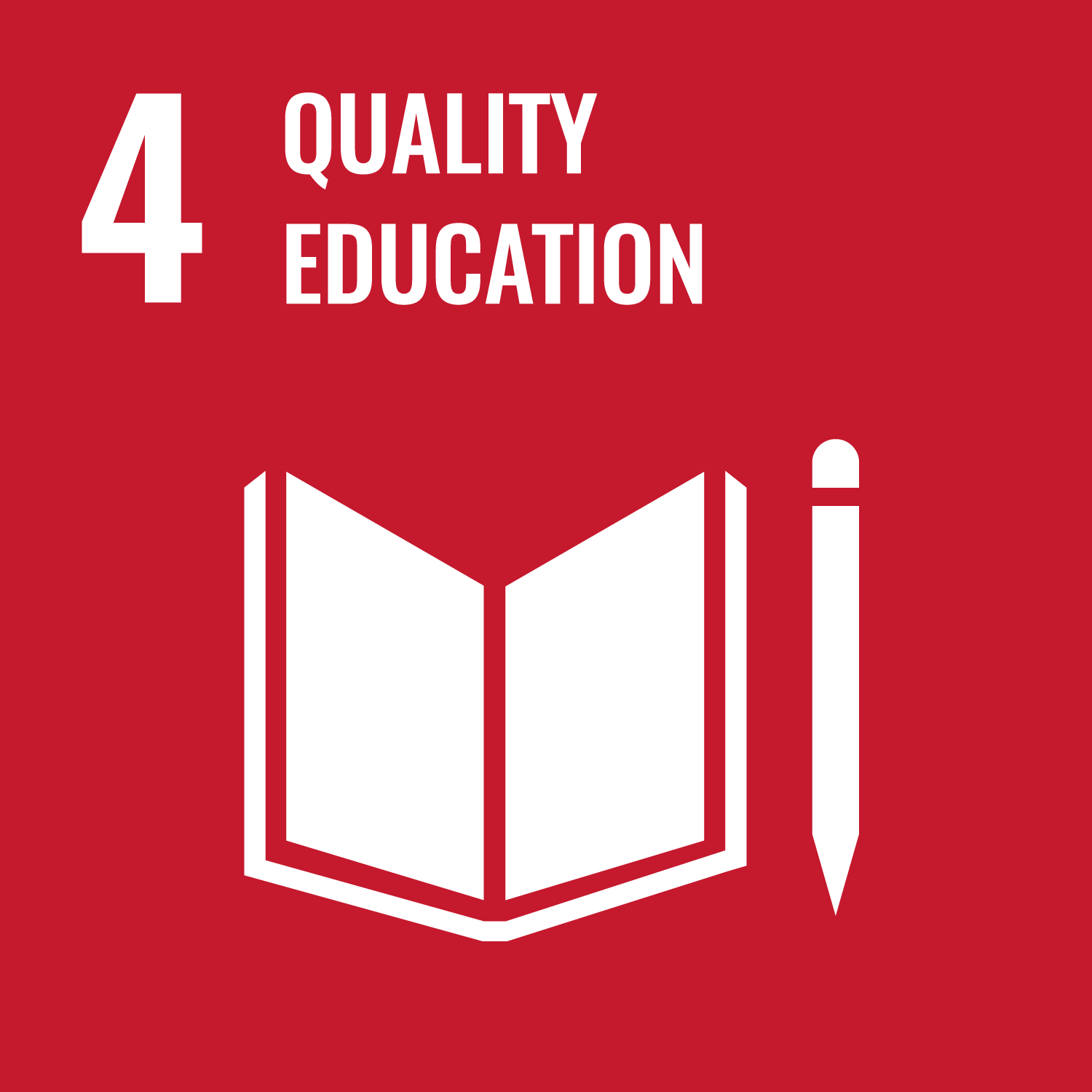ORCID
- Joanna Haynes: 0000-0003-0510-4565
Abstract
The paper arises from a shared event that turned into an experience: the finding of a childlike piece of paper on our way to a conference about philosophy in schools and how it affects our educational ideas and research practices on listening to children. Triggered by the question of what it means to listen, we are led to the exercise of self-questioning inspired by some of the authors that have already written about the topic, specifically in the context of the community of philosophical enquiry. The thinking unfolds with the telling of the story about the found piece of paper, crossing different layers of questioning and trying to keep the enquiry open for the readers: what is it that we do not know about listening to children? And to what extent might that, which we do not know, be the cause of biased and adultist practices? Is it necessary to return to what philosophy is and where one can find it inside the school environment? Is it already there when the adults arrive? Are we not listening to it? Or are there specific places for philosophical conversations, such as the classroom? Is philosophy also invited to the margins of those spaces? Who decides what counts as philosophical? It is not about answering questions and giving closure to our concerns as educators and researchers, but rather sharing with the readers how even in the least suspected place - an academic event about bringing philosophy to school - one might still not be listening to children. In returning to this self-questioning movement, we want to echo some of the troubling in the thinking and practices of listening in the so-called movement of Philosophy for/with Children: this for/with phenomenon, its politics and relations; some of the assumptions that might be present in the dilemmas in practice for educators and researchers; but also its aesthetics resonances, the sheer beauty of troubling, the (out of) tune of self-questioning, the questions it raises for us as researchers and the space of doubting and uncertainty it offers, like a hesitation or a breathing space. And perhaps, we wonder, it is in-between spaces, in its cracks and transitions, that important things can find their way into our thinking and conversations about childhood. Just like a piece of paper in a hotel room.
DOI Link
Publication Date
2023-03-06
Publication Title
Childhood and Philosophy
Volume
19
ISSN
2525-5061
Acceptance Date
2023-02-24
Deposit Date
2023-03-31
Embargo Period
2023-05-16
Keywords
Listening, Childhood, Community of philosophical enquiry, Philosophy in schools, Political agency
First Page
1
Last Page
26
Recommended Citation
Haynes, J., & Carvalho, M. (2023) 'an open-ended story of some hidden sides of listening or (what) are we really (doing) with childhood?', Childhood and Philosophy, 19, pp. 1-26. Available at: 10.12957/childphilo.2023.71875


